FERC stands for the Federal Energy Regulatory Commission, an independent entity that regulates the movements of electricity, natural gas, oil and related materials. When you work on projects involving pipeline construction, hydroelectricity, interstate energy transportation and other energy-related roles, the FERC is the organization in charge of monitoring your compliance with their guidelines.
Fast-Track Your Projects With TRC
Helping you understand and meet FERC regulatory obligations so your projects get approved and stay on track.
FERC compliance is crucial to avoid penalties, gain project approvals and stay on schedule. TRC’s FERC compliance solutions set us apart, as do our long-standing relationships with regulatory bodies like the FERC. We are committed to excellence in every area we work in — and by using our unparalleled knowledge and decades of on-the-job experience, we succeed and help our clients do the same.

FERC Consulting That Prioritizes Your Needs
As your FERC consultants, helping you understand FERC regulations and optimizing your operations to meet them are our utmost priorities. When you choose TRC to be your consultant, you gain a team of tested practitioners with the skills, resources and flexibility necessary to complete any part of your project at any time. We work on your schedule and within your budget to evaluate your project site and create recommendations based on FERC requirements as well as any other local, state, federal and internal standards you uphold.
Understanding and meeting FERC obligations is essential for projects to progress and stay on schedule. We take these standards and all others in your purview and develop a customized approach to compliance based on your project’s unique requirements. We can even work with your project managers, administrators and investors, ensuring everyone stays on the same page for the duration of your project.
Our commitment remains from the initial planning and FERC evaluations through the complete implementation of your project. Outside of FERC compliance, we support you through every stage of the consulting, design, construction and completion of any project you hire us for.

Industry-Leading Expertise to Navigate FERC Regulations and Stay in Compliance
Our integrated approach to project design and data collection, and our expertise navigating FERC’s environmental regulations ensures you will effectively meet all required compliance obligations well before your project schedule milestones. We also efficiently manage coordination between FERC requirements and those of other federal and state agencies to minimize duplication and enable concurrent permitting.
We provide clients with the strategies, tools, and information needed to comply with FERC regulations during the pre-filing, application and post-filing stages including:
- Applications for construction, operation and abandonment of natural gas transmission and storage facilities
- Applications for construction and operation of liquified natural gas facilities.
- Applications for construction and operation of non-Federal hydropower facilities and associated transmission lines
Our experts include many former regulators who have invaluable insight into working with Federal and state agencies and who are intimately familiar with the details of applicable statutes, guidelines and permitting requirements.
Embrace The Shift
Partner With TRC’s Tested Practitioners
Featured Projects
Explore the lasting success we’ve contributed to in communities throughout the nation with our FERC compliance services.
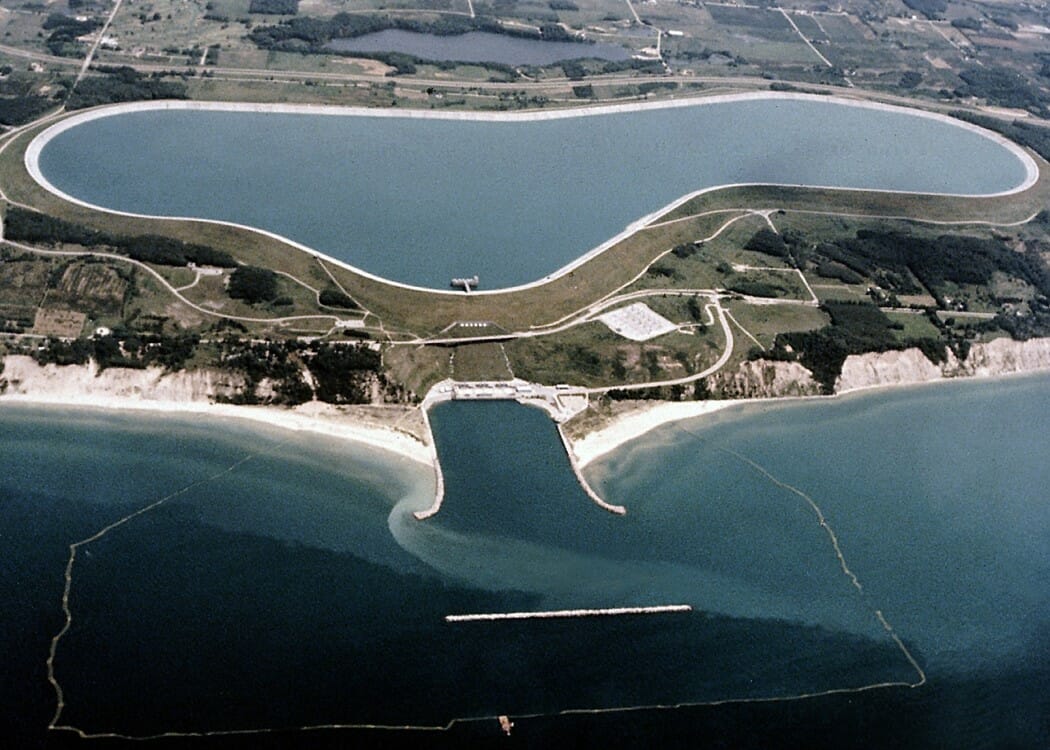
TRC’s regulatory insight and technical expertise helped secure a renewed license for this facility, ensuring its continued operation.

TRC delivered design, procurement, and construction services for 38 miles of transmission lines, two substation expansions, and equipment upgrades at …

TRC is executing a vital piece of infrastructure that will carry natural gas 200 miles across Oklahoma to growing markets.
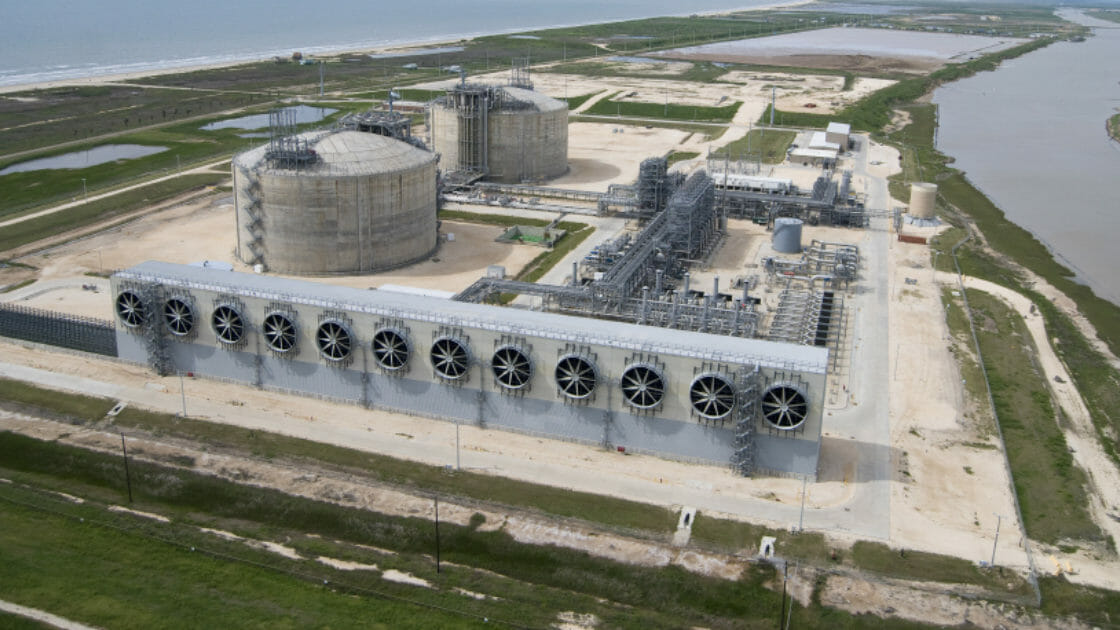
TRC prepared a Third-Party Environmental Impact Statement on behalf of the FERC which was needed to fulfill the requirements of …

TRC was responsible for the relicensing process covering all aspects of recreation and land management including: recreation inventory and issue …

TRC prepared and submitted the Environmental Report (ER) in support of the Federal Energy Regulatory Commission (FERC) Application for a …

TRC’s regulatory insight and technical expertise helped secure a renewed license for this facility, ensuring its continued operation.

TRC delivered design, procurement, and construction services for 38 miles of transmission lines, two substation expansions, and equipment upgrades at …

TRC is executing a vital piece of infrastructure that will carry natural gas 200 miles across Oklahoma to growing markets.

TRC prepared a Third-Party Environmental Impact Statement on behalf of the FERC which was needed to fulfill the requirements of …

TRC was responsible for the relicensing process covering all aspects of recreation and land management including: recreation inventory and issue …

TRC prepared and submitted the Environmental Report (ER) in support of the Federal Energy Regulatory Commission (FERC) Application for a …
Frequently Asked Questions
Check out our FAQs to learn more about FERC compliance and how TRC can help you with specific projects.
TRC’s experience with FERC regulations goes back more than 40 years. The FERC has chosen TRC as one of its select third-party contractors. As such, we have completed many environmental assessments and impact statements for projects nationwide. Some of our tested practitioners also come to us straight from organizations like the FERC, giving us updated insights into their inner workings.
Contact TRC’s Consultants to Manage Your FERC Compliance Obligations Today
TRC is dedicated to ensuring your electricity, natural gas and oil projects remain safe, sustainable and compliant with applicable regulations. Our FERC consulting services will introduce you to these essential regulations and help you see how they fit into your project’s unique requirements. Then, we use our expertise to construct a path forward that incorporates all regulatory guidelines and your project’s goals.
Gain unparalleled knowledge, industry-specific skills and enhanced compliance capabilities when you connect with TRC. We are ready to innovate the right solutions for you today.

Sharing Our Perspectives
Our practitioners share their insights and perspectives on the trends and challenges shaping the market.

Cybersecurity Threats Lead NERC to Modify CIP Standards
March 11, 2025
Cybersecurity threats to the Bulk Electric System (BES) are escalating, with attackers continuously evolving their tactics to target critical infrastructure.

FERC Issues Guidance to Improve Power System Security and CIP Compliance
September 30, 2024
This update provides details from FERC 2024 staff report from CIP audits, so utilities can improve compliance and reduce security risks.

Prevent NERC Compliance Failures with Readiness Reviews
February 20, 2024
Every NERC-registered utility must strive for continuous compliance with their portfolio of applicable NERC Reliability Standards
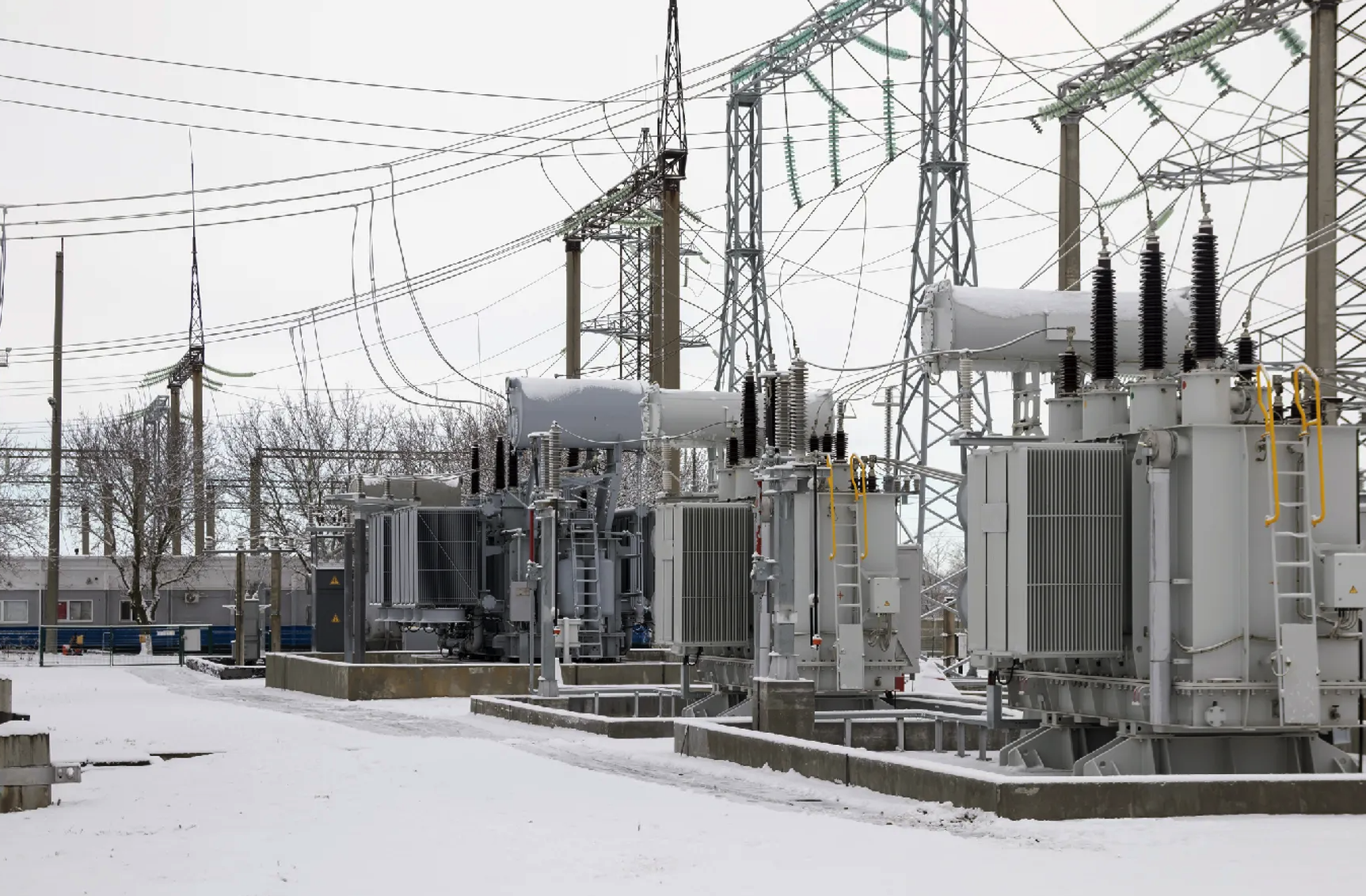
NERC & FERC Release Winter Storm Elliott Report
January 2, 2024
NERC and FERC have released their final report on Winter Storm Elliott which provides reinforcement for recommendations in prior cold weather-related disturbance event reports. The Report identifies critical reliability performance shortcomings and the reliability related near misses. NERC states that a crisis was “narrowly dodged.” The Report outlines the steps the industry must take to avoid a repeat in the future.

FERC Order 901 Calls for Standards to Address IBR Reliability Gaps
November 27, 2023
Inverter Based Resources are playing central role when it comes to adding new electric generation capacity into the bulk power system.
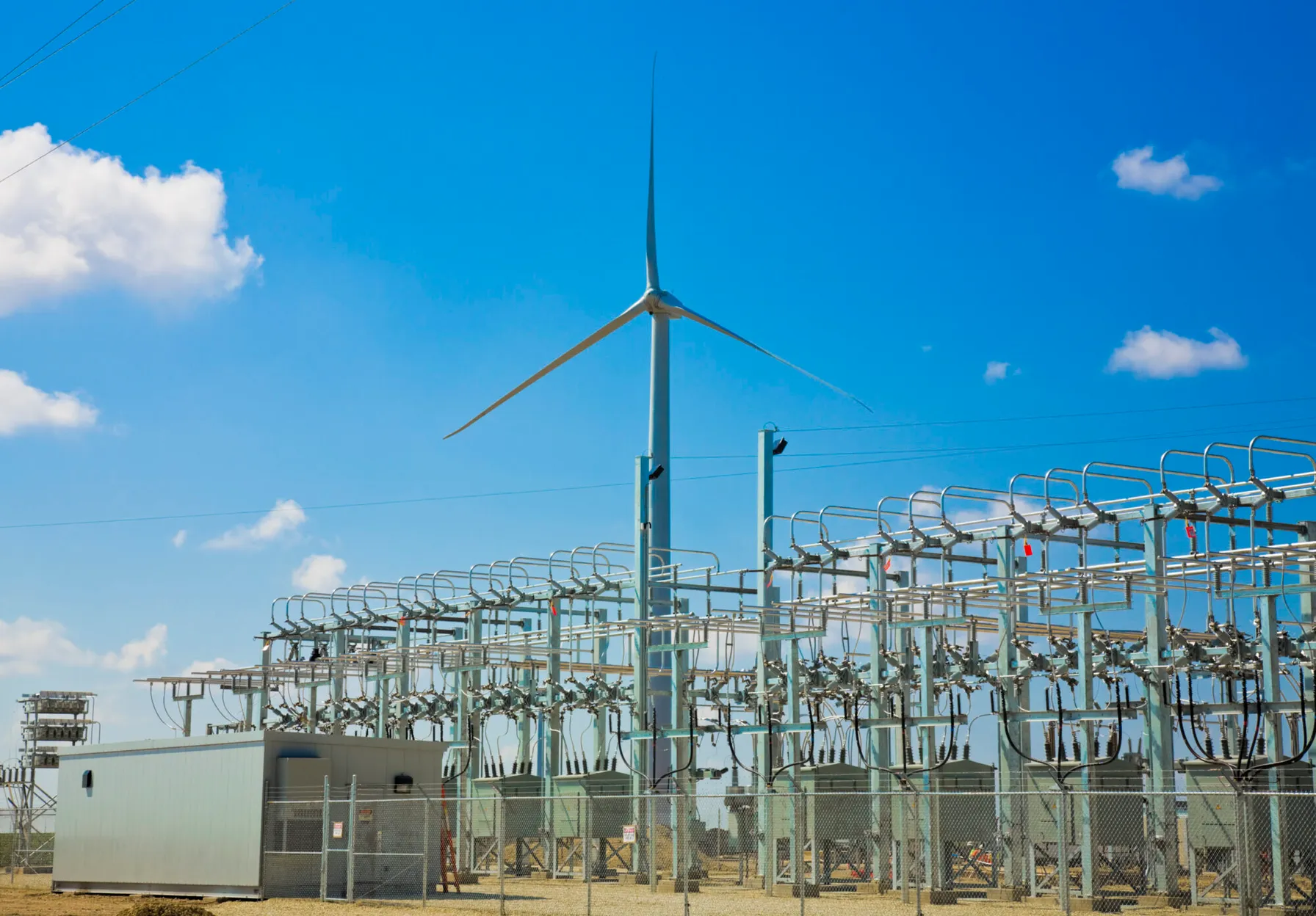
FERC Issues Order 2023 to Resolve Interconnection Process Issues
September 25, 2023
The Federal Energy Regulatory Commission has approved Order 2023 to facilitate and improve the speed and reliability of adding new energy resources to the power system
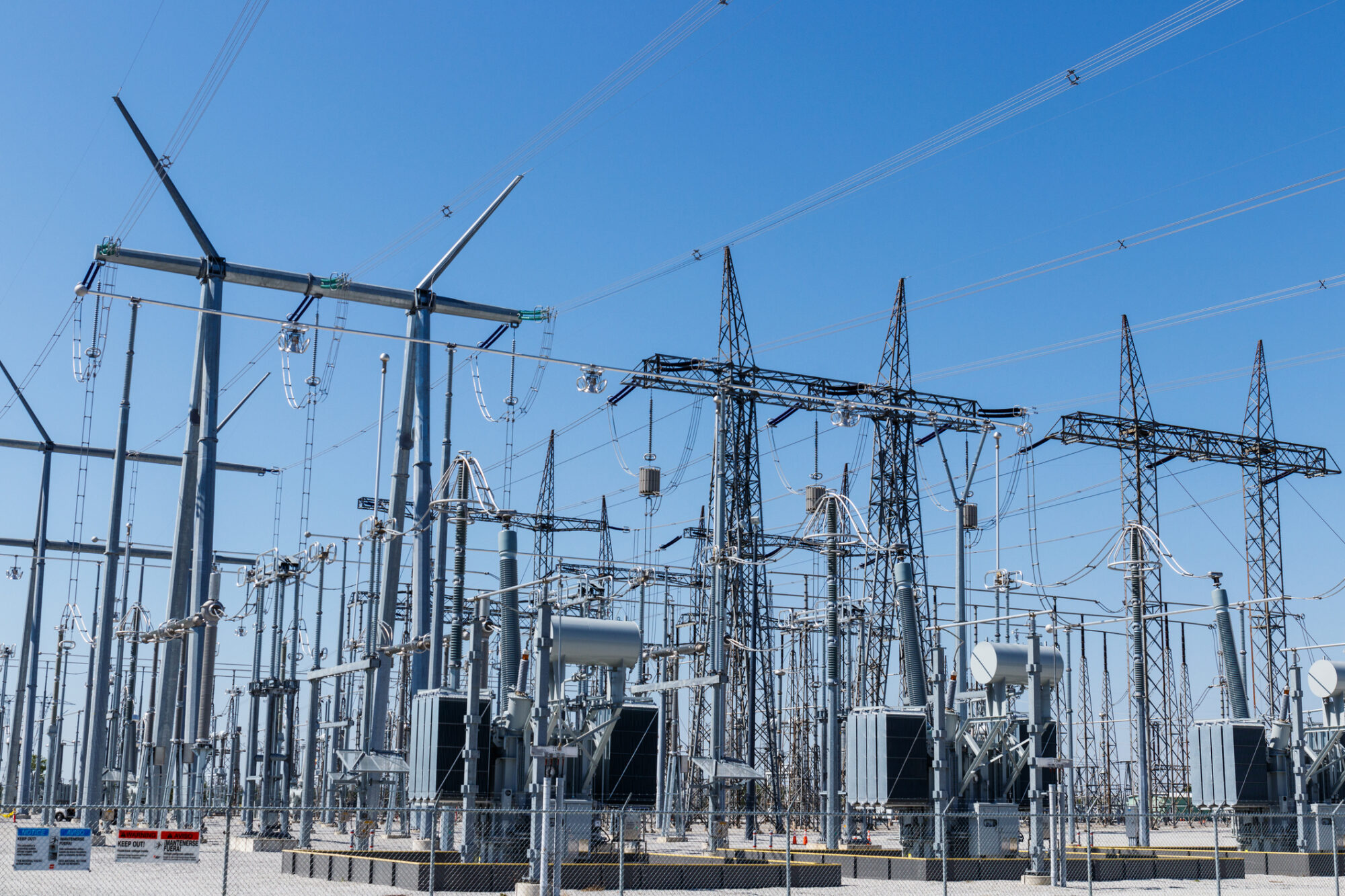
FERC Hosts Technical Conference on the Effectiveness and Improvements to CIP-014-3
August 30, 2023
Expert Discussions and Key Takeaways Focus on Physical Security
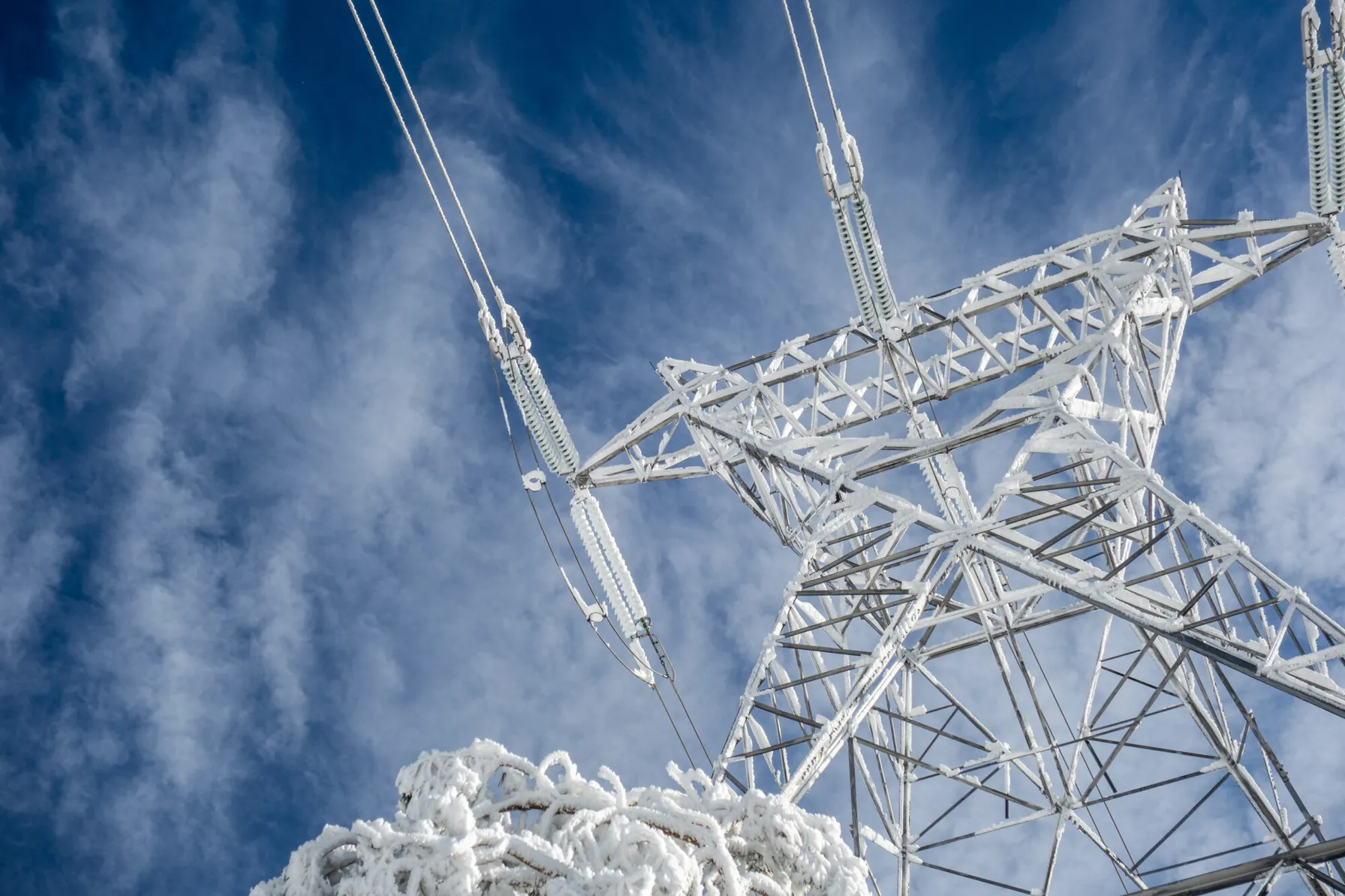
FERC Extreme Weather Initiative Will Change the Transmission Planning Process
July 26, 2023
FERC issued a Final Rule directing NERC to develop a new or modified reliability standard addressing transmission system planning performance requirements for extreme heat or cold weather events.

FERC Approves Plan to Register Certain Inverter-Based Resources as part of NERC Mandatory Standards Compliance Program
June 21, 2023
FERC issued an order approving NERC’s compliance filings.
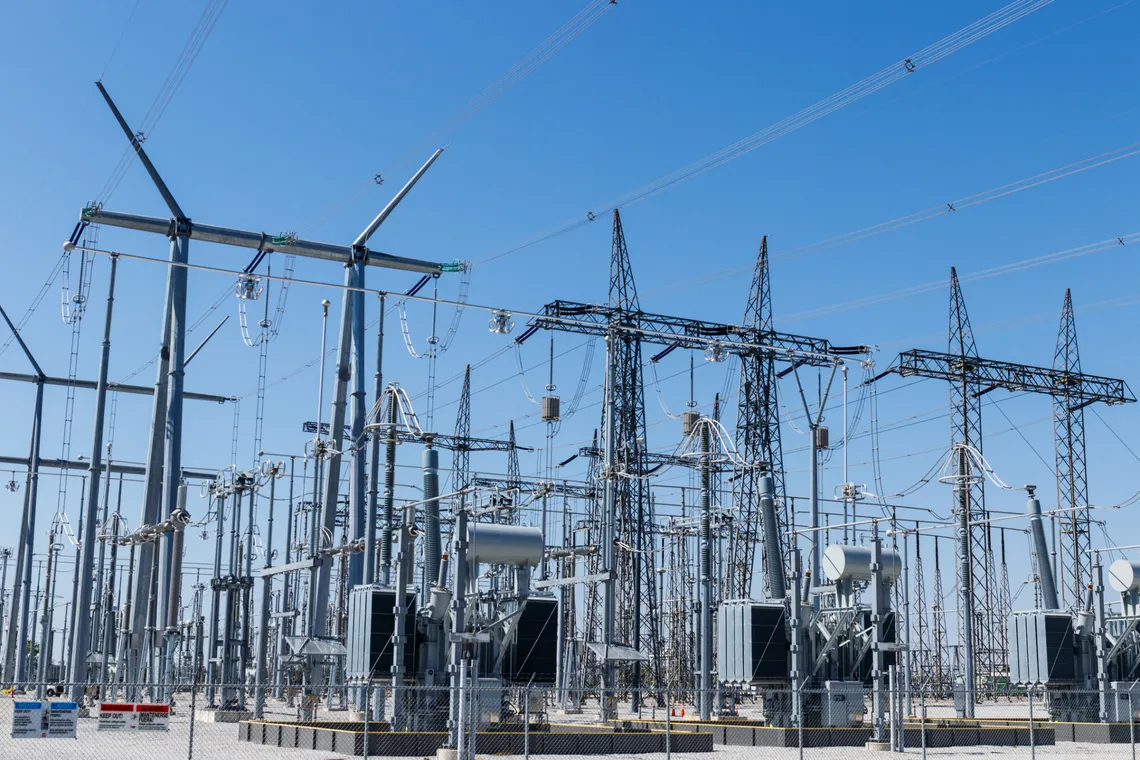
NERC Files Report on Effectiveness on CIP-014 Physical Security Standard
May 25, 2023
On behalf of the North American Electric Reliability Corporation (NERC), its President and CEO Jim Robb, recently presented to the Federal Energy Regulatory Commission (FERC) a summary of NERC’s report on the effectiveness of NERC’s CIP-014 Physical Security Standard. There were almost 1,700 physical security incidents reported to the Electricity-Information Security Analysis Center (E-ISAC) in 2022, an increase of 10.5% from 2021.
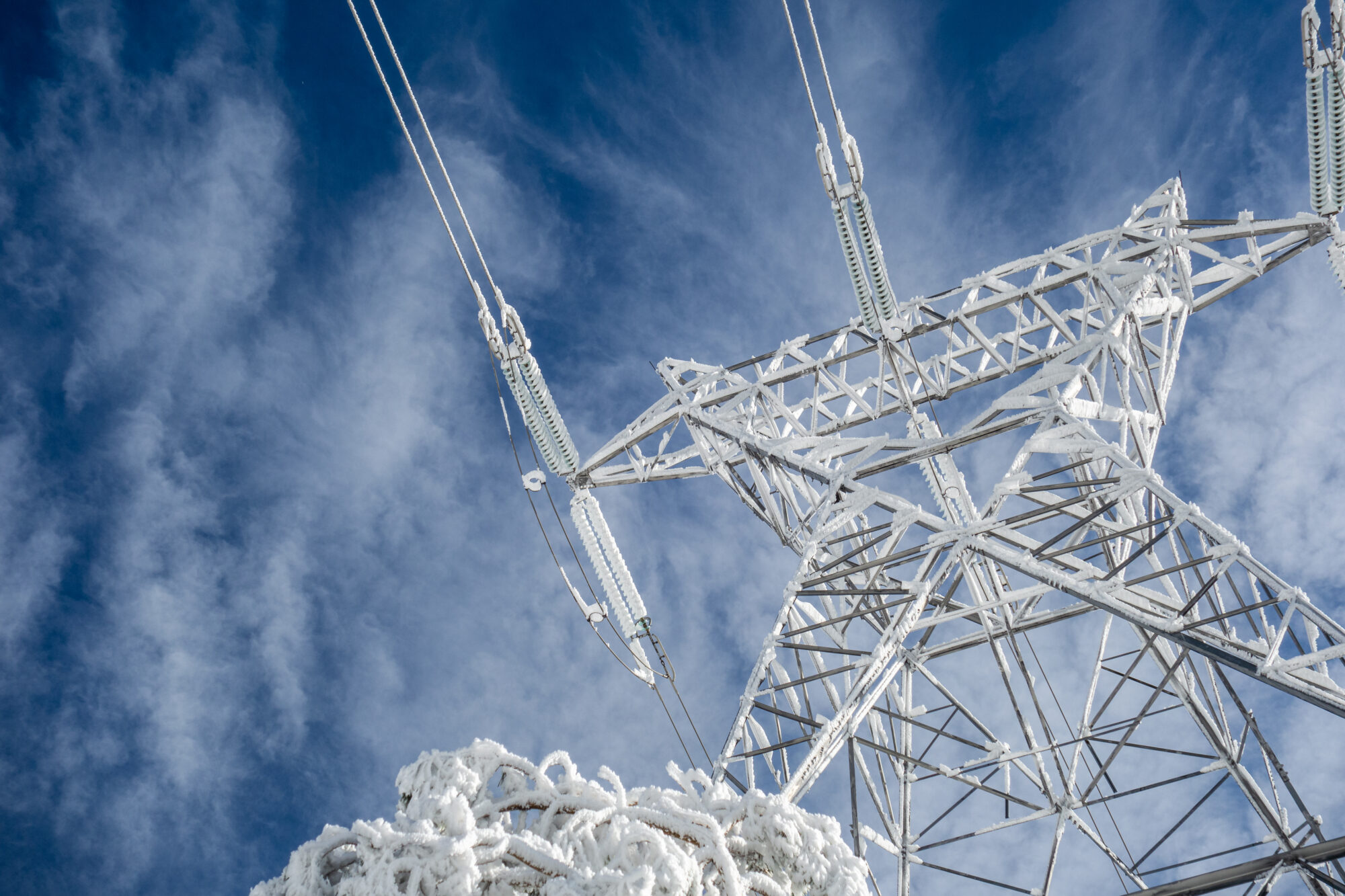
FERC Issues Order on Cold Weather Reliability Standards
April 27, 2023
FERC has approved two NERC proposed cold weather-related reliability standards.
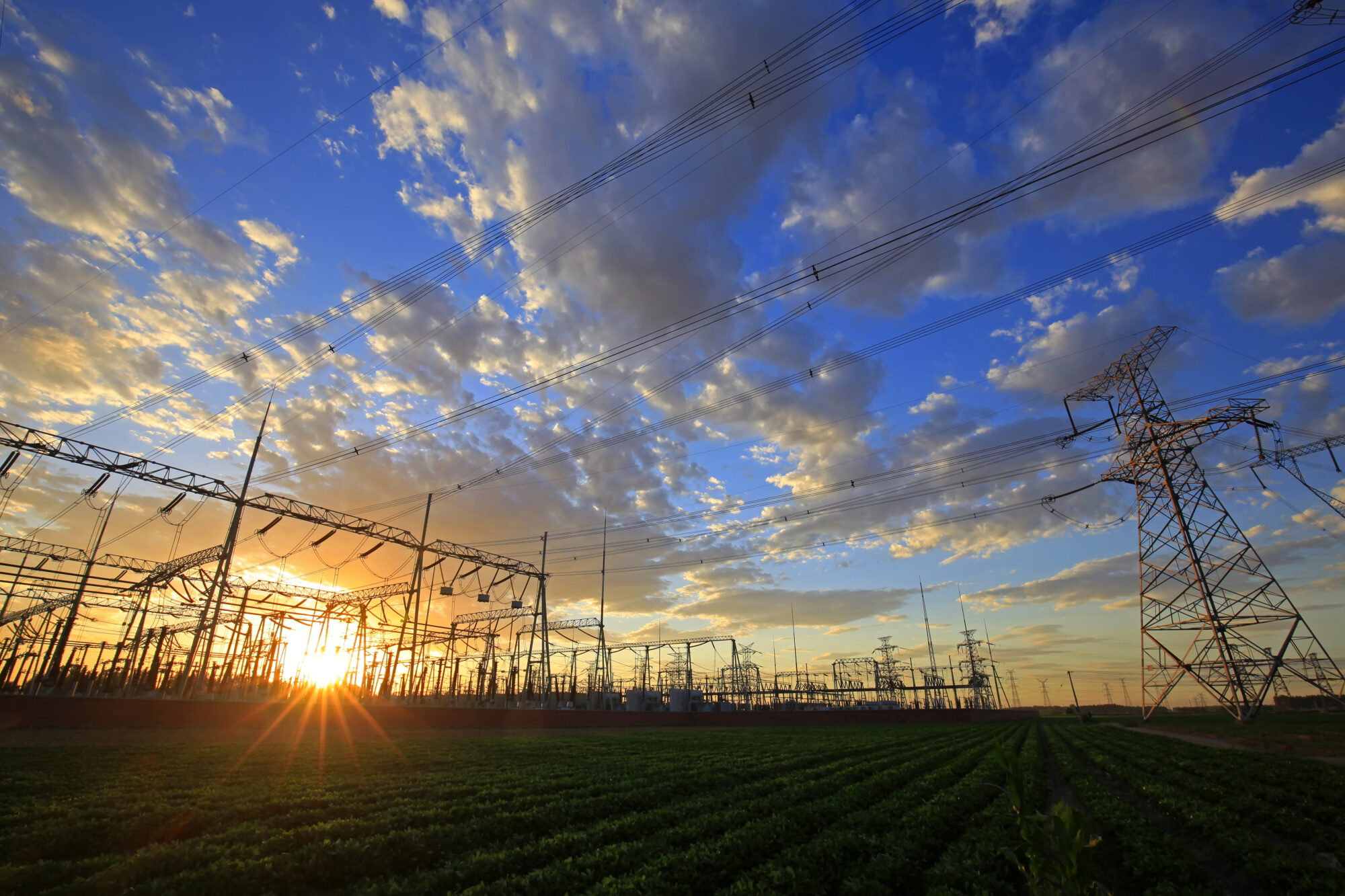
FERC Orders Internal Network Security Monitoring Rule to be Finalized
March 14, 2023
FERC directed NERC to develop Reliability Standards to implement INSM within trusted CIP environments.

NERC Files Comments in the FERC Generator Interconnection Notice of Proposed Rulemaking
November 21, 2022
The rulemaking addresses improvements needed to reliably facilitate the power industry’s transition to renewable and distributed generating resources utilizing inverter-based technologies.
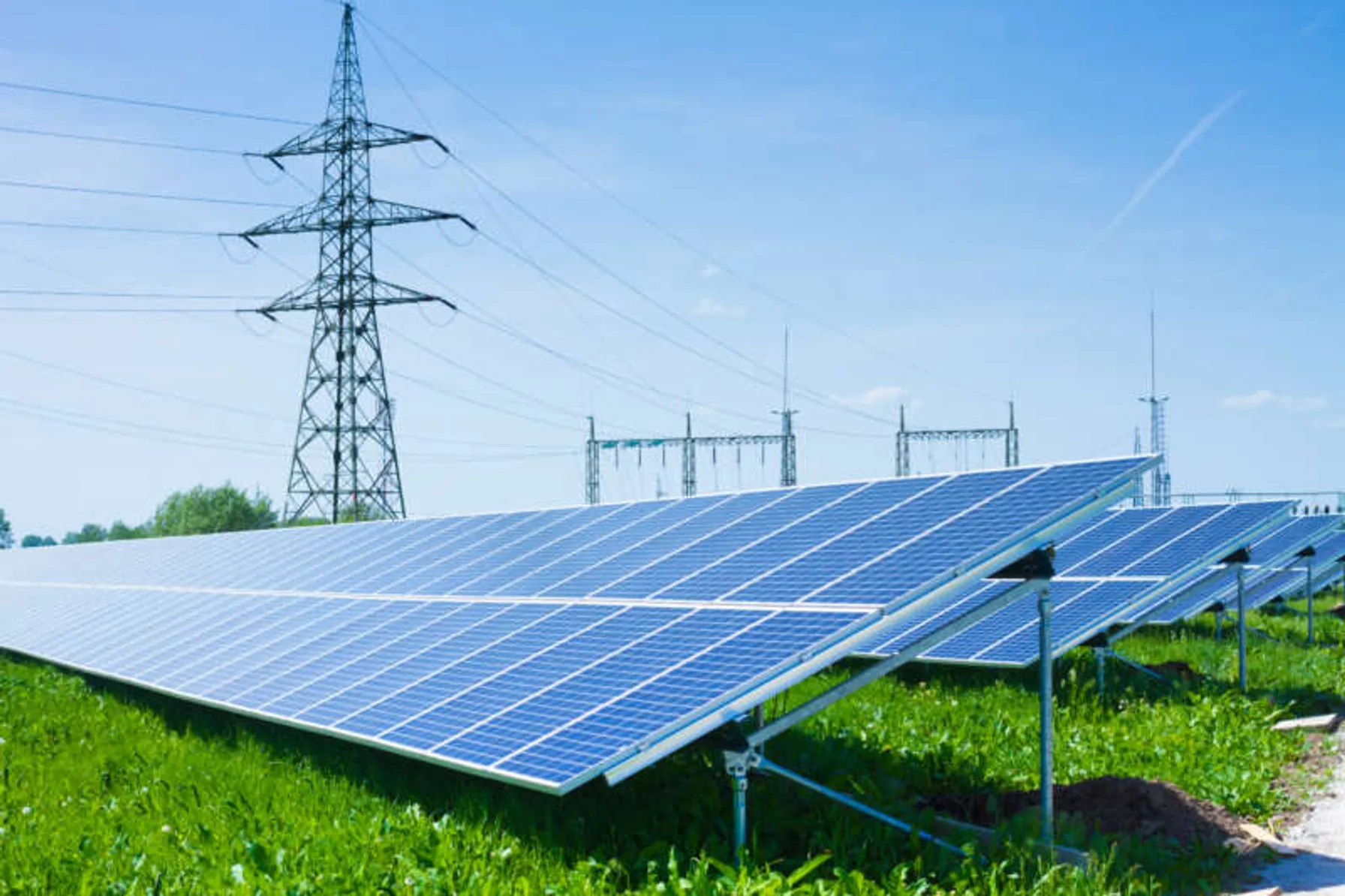
Revisions to FAC-001 and FAC-002 Submitted for FERC Approval
July 12, 2022
Reliability Standards FAC-001-4 and FAC-002-will resolve uncertainty regarding the meaning of “materially modify” under the currently effective standards.

FERC Order No. 881-A Has Implications for NERC Compliance Programs
June 23, 2022
Updated Order will have significant impact on NERC compliance programs related to both PRC standards and facilities ratings. Utilities should review the Order’s requirements and prepare for changes needed to remain compliant.
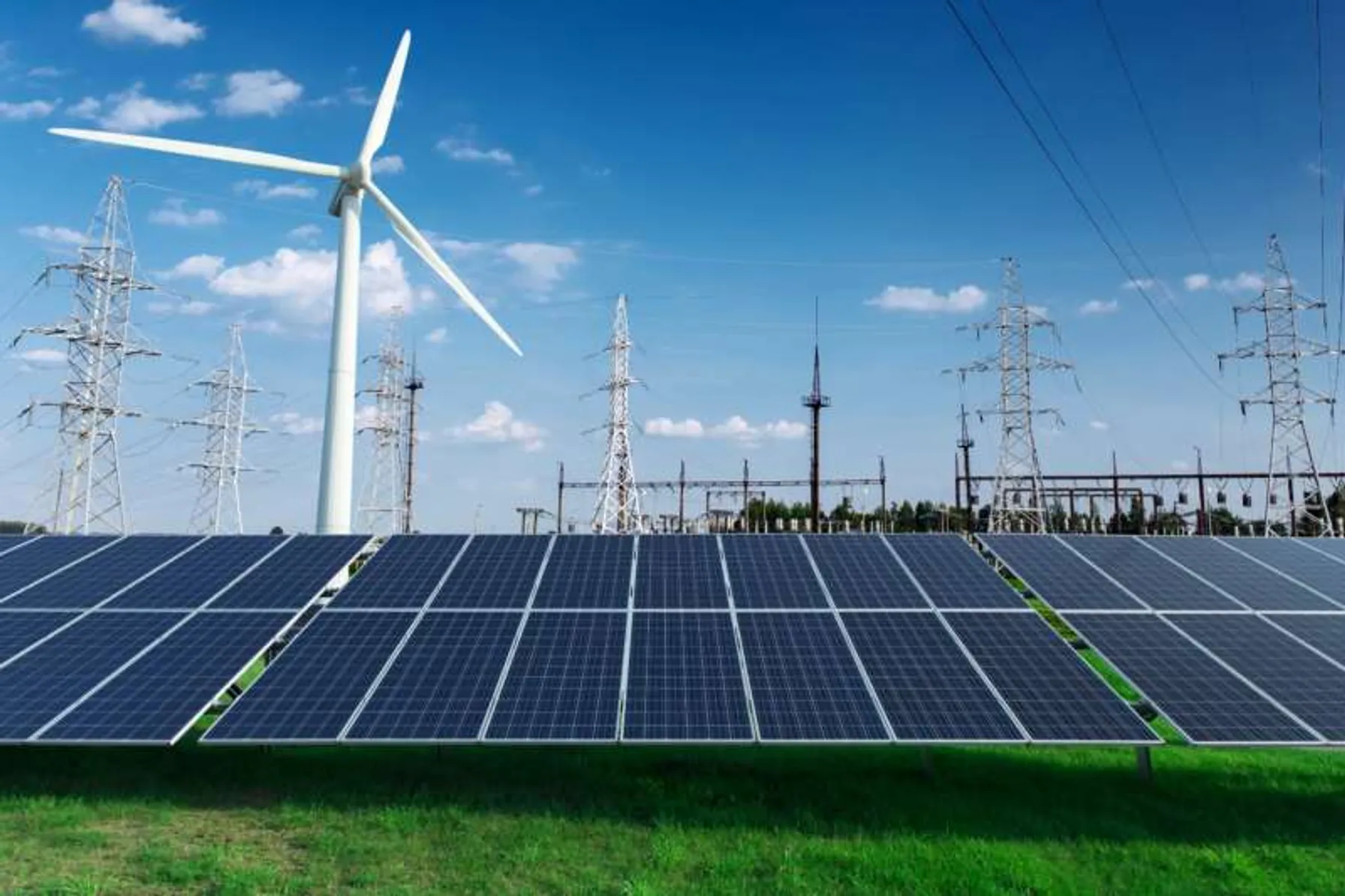
NERC’s Revised PRC-024-3 Standard for Inverter-Based Generation Effective in October 2022
May 11, 2022
Changes to PRC-024-3 in support of inverter-based generation performance are going into effect in October of this year. Interconnection programs and documentation procedures may need to be updated in order to maintain compliance.
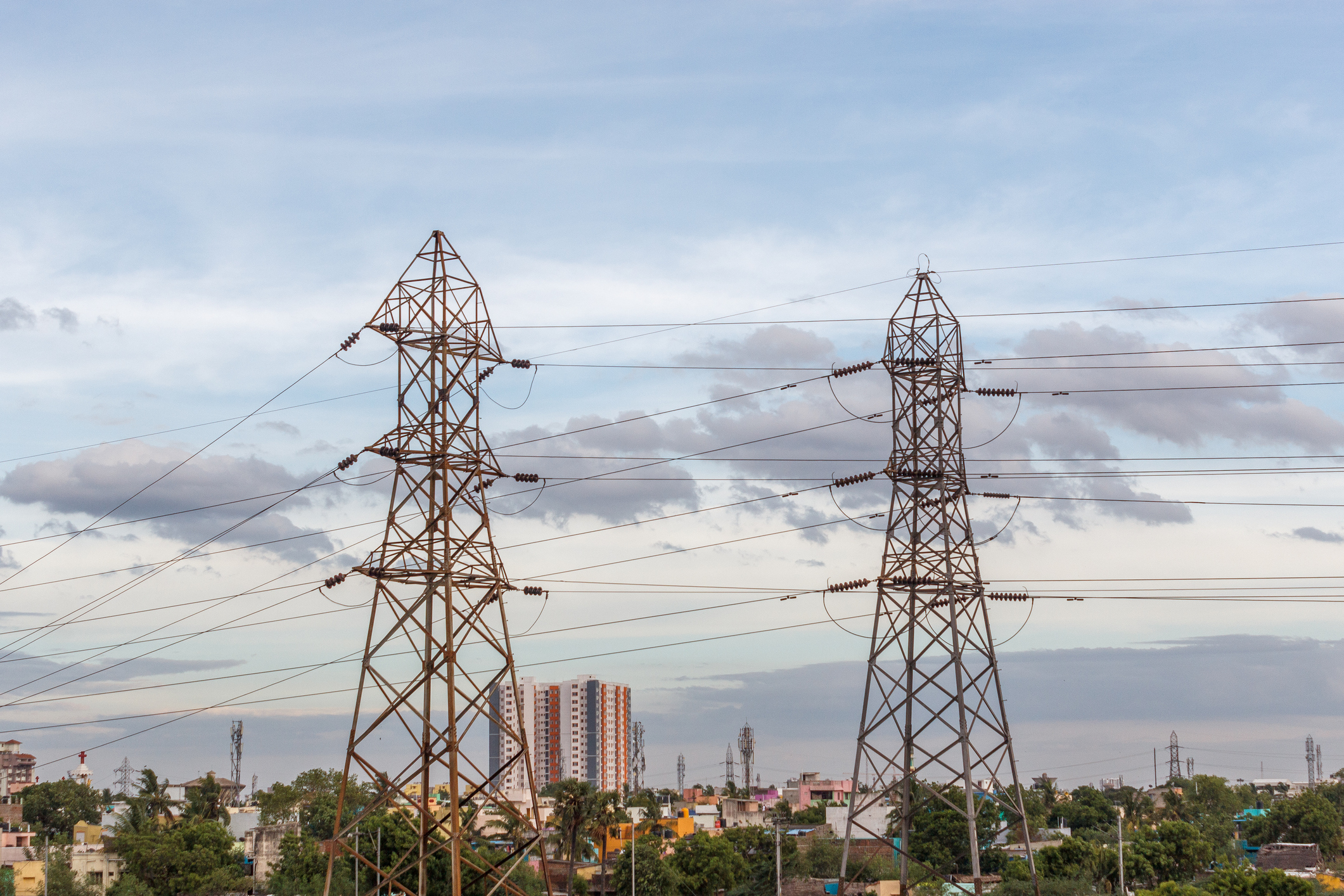
FERC Issues Notice of Inquiry Regarding Dynamic Line Ratings
April 25, 2022
There are significant technical challenges involved in implementing Dynamic Line Ratings in the planning and operation of utility systems. Utilities should be prepared to modify their NERC compliance programs as necessary to address the potential introduction of DLR in their businesses.
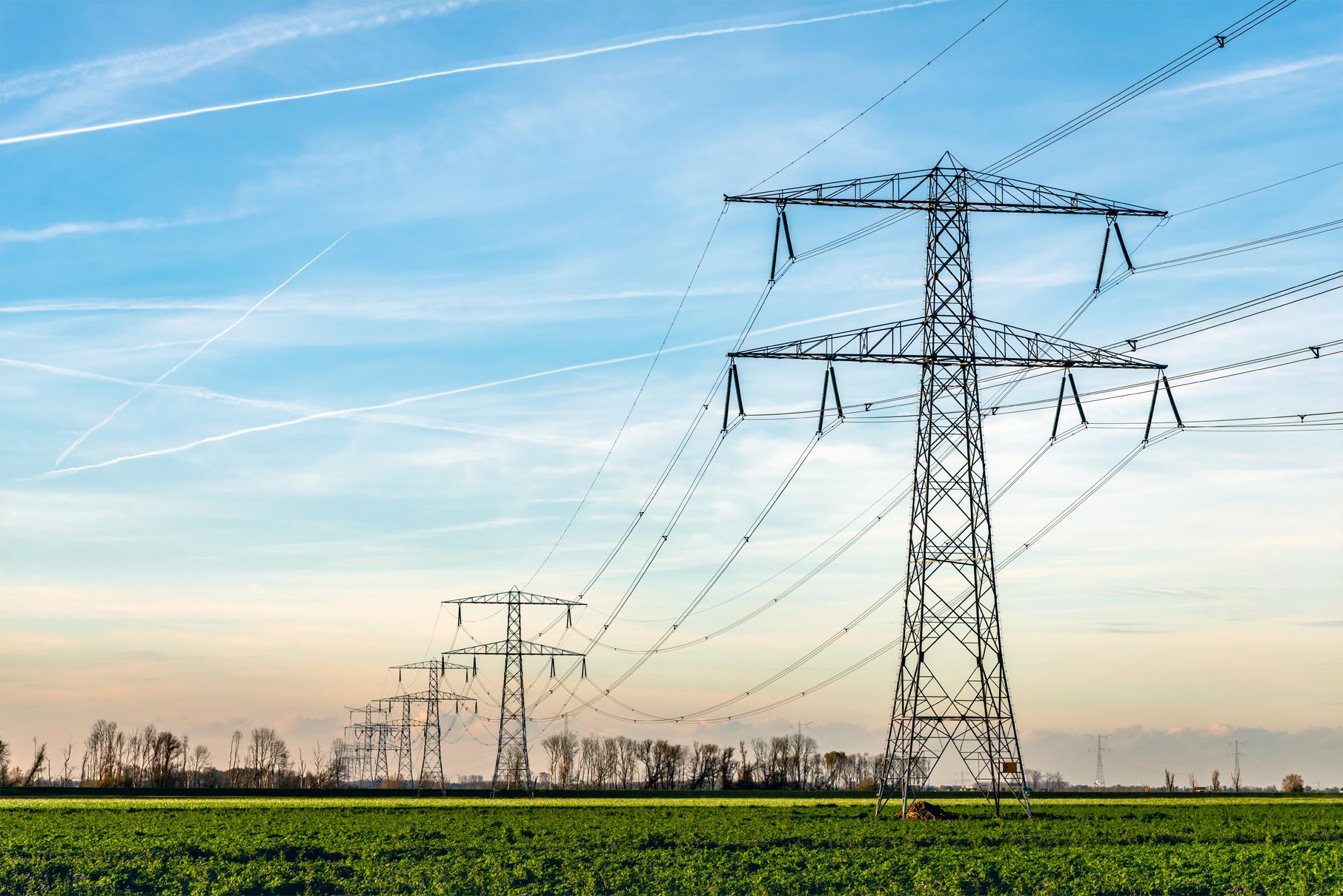
NERC Recommends Approaches for Underfrequency Load Shedding Programs
February 24, 2022
In a recently released reliability guideline, NERC recommends additional approaches for Underfrequency Load Shedding (UFLS) program design to help utilities effectively consider the effects of Distributed Energy Resources (DERs). The guidance was developed to address the accelerated transition of the power system to locally installed, decarbonized resources that depend on inverters. These new technologies introduce operational controls issues into the electric grid. UFLS data gathering and analysis methodologies may require modification to address reliability risks.
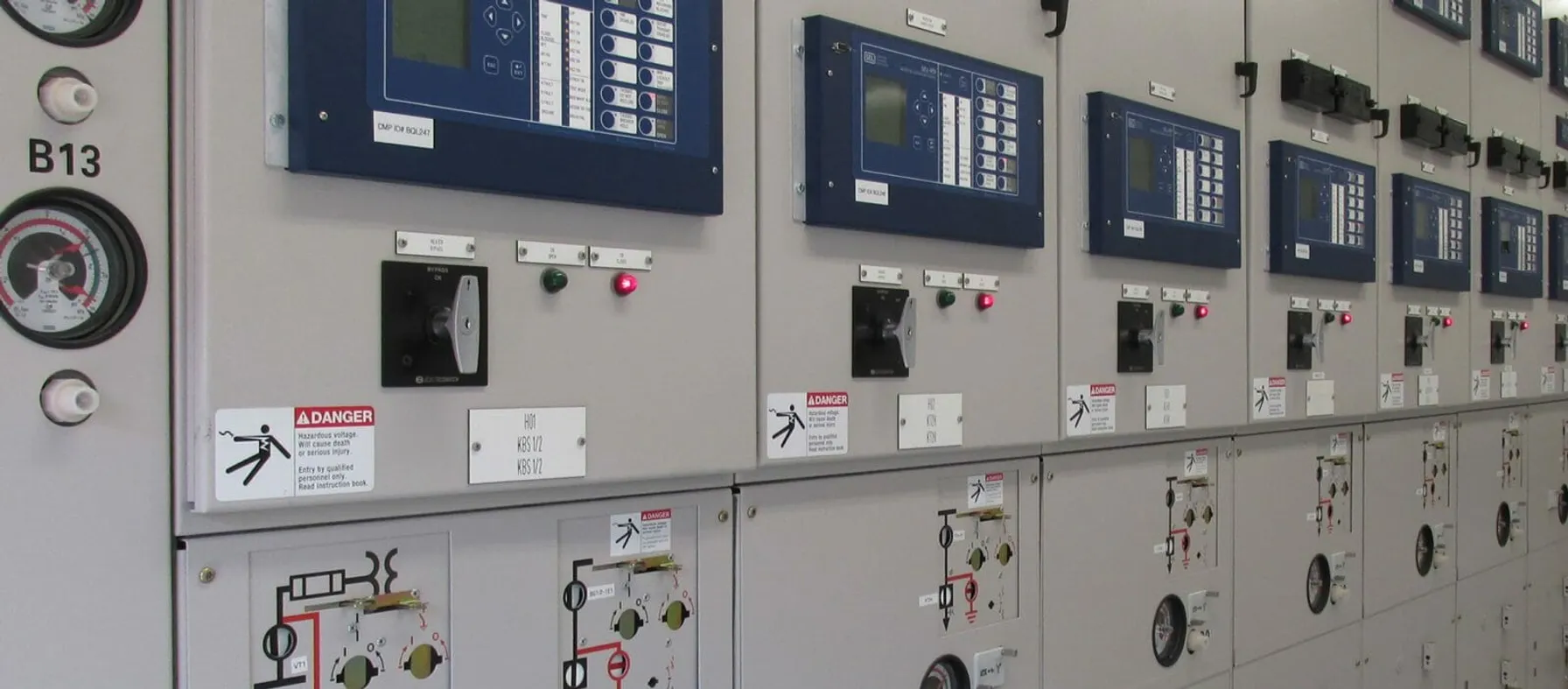
NERC and FERC Recommend Protection System Commissioning Improvements
January 18, 2022
Between 18 and 36 percent of reported utility misoperations were attributed to issues that could have been detected through a properly implemented PSC.
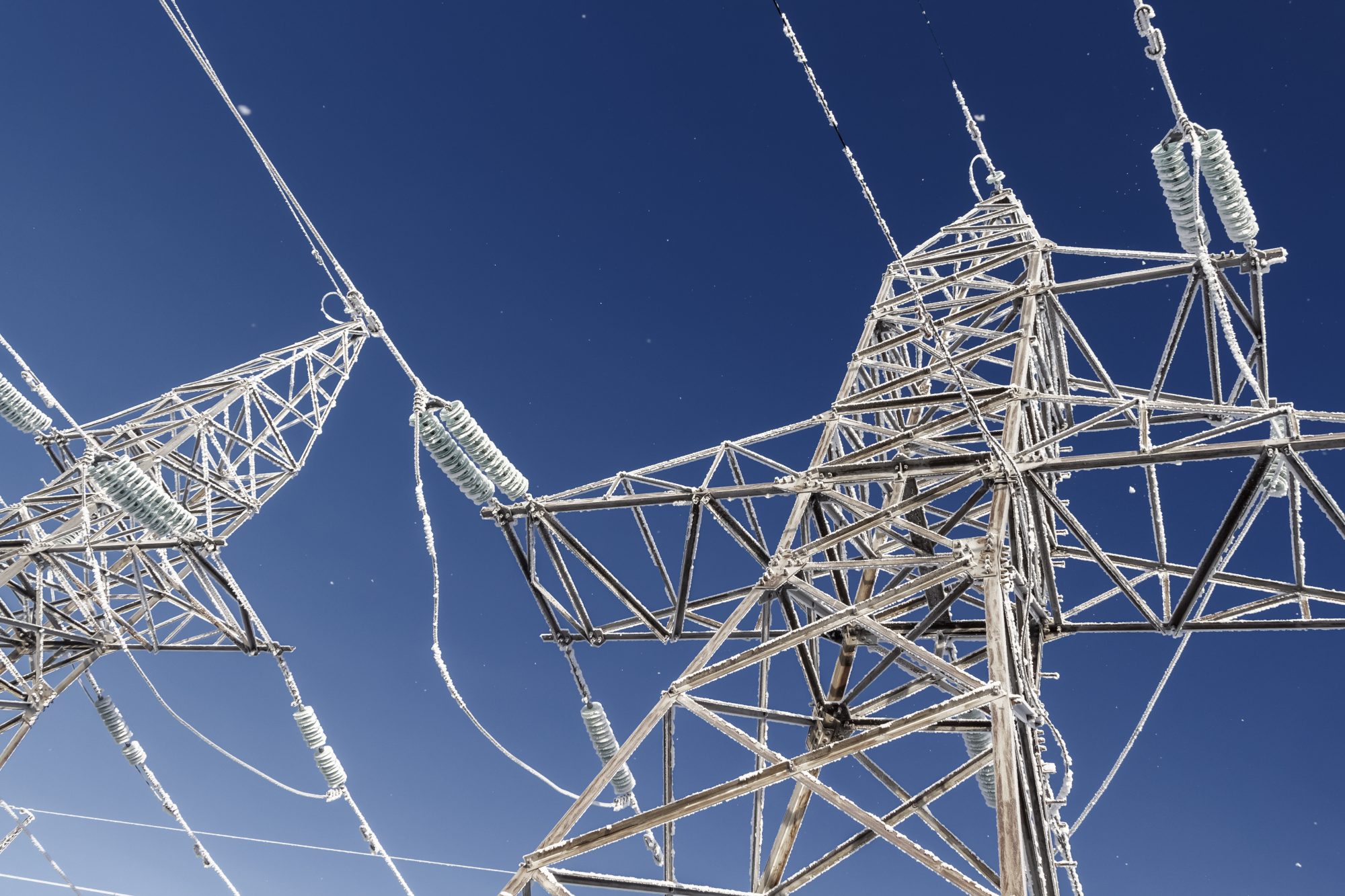
FERC & NERC Issue Joint Report on Freeze Reliability Failures
December 15, 2021
The in-depth report outlines twenty-eight recommendations to address freeze reliability failures, including operating practices and recommendations for NERC standards modifications surrounding generator winterization and gas-electric coordination.
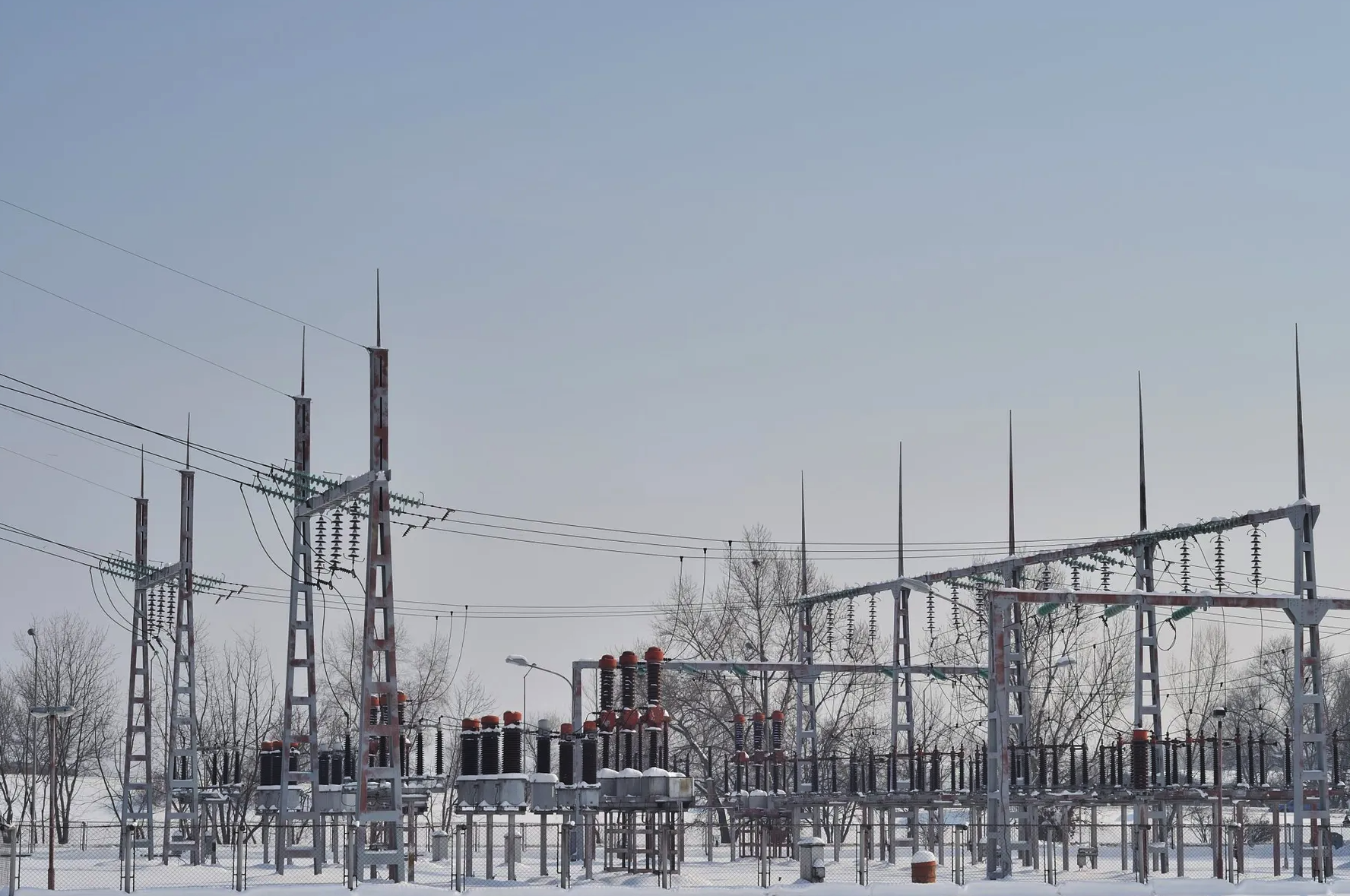
NERC Accelerates Additional Cold Weather Standards Changes
November 22, 2021
At its November 2021 meeting, NERC’s Board of Trustees took aggressive action to advance critical cold weather Reliability Standards. Most notably, the group approved the 2022-2024 Reliability Standards Development Plan, which prioritizes standards projects for the coming years including a resolution to include new cold weather operations, preparedness and coordination standards as high priority development projects.
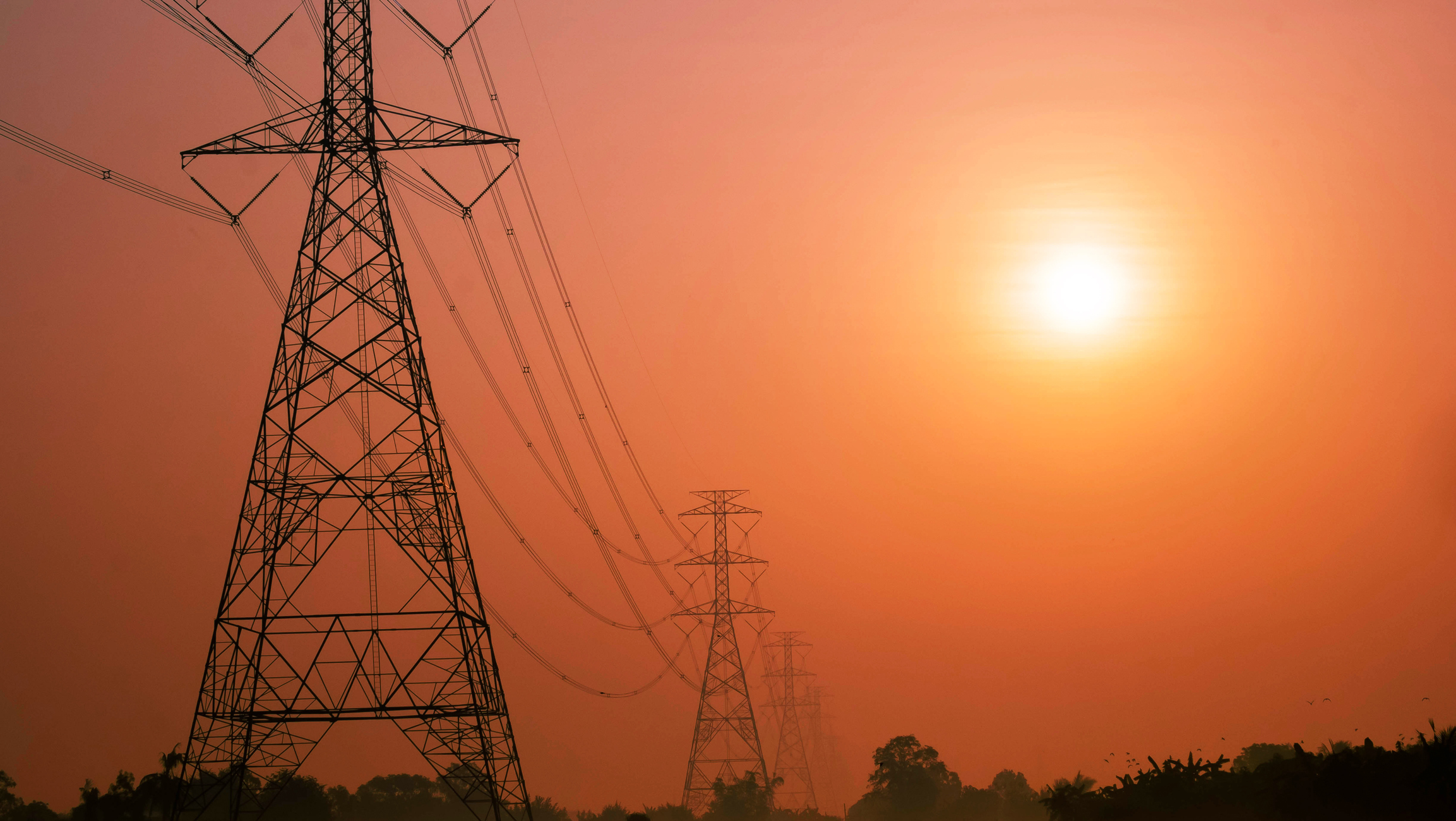
PRC-002-2 Disturbance Monitoring and Reporting Standard: Initial Mandatory Implementation Plan Dates Approach
November 18, 2021
The Federal Energy Regulatory Commission approved PRC-002-2 in September, 2015. The initial due date for system studies necessary to identify locations for the collection of disturbance related data under Requirement R1 is January 1, 2017.

New Potential Compliance Standards Identified at FERC Technical Conference on Reliability
October 18, 2021
With a focus on the reliability impact of extreme weather and the shortcomings of current system planning approaches, both NERC and FERC conference participants opened the door to potential forthcoming compliance standard enhancements or changes.
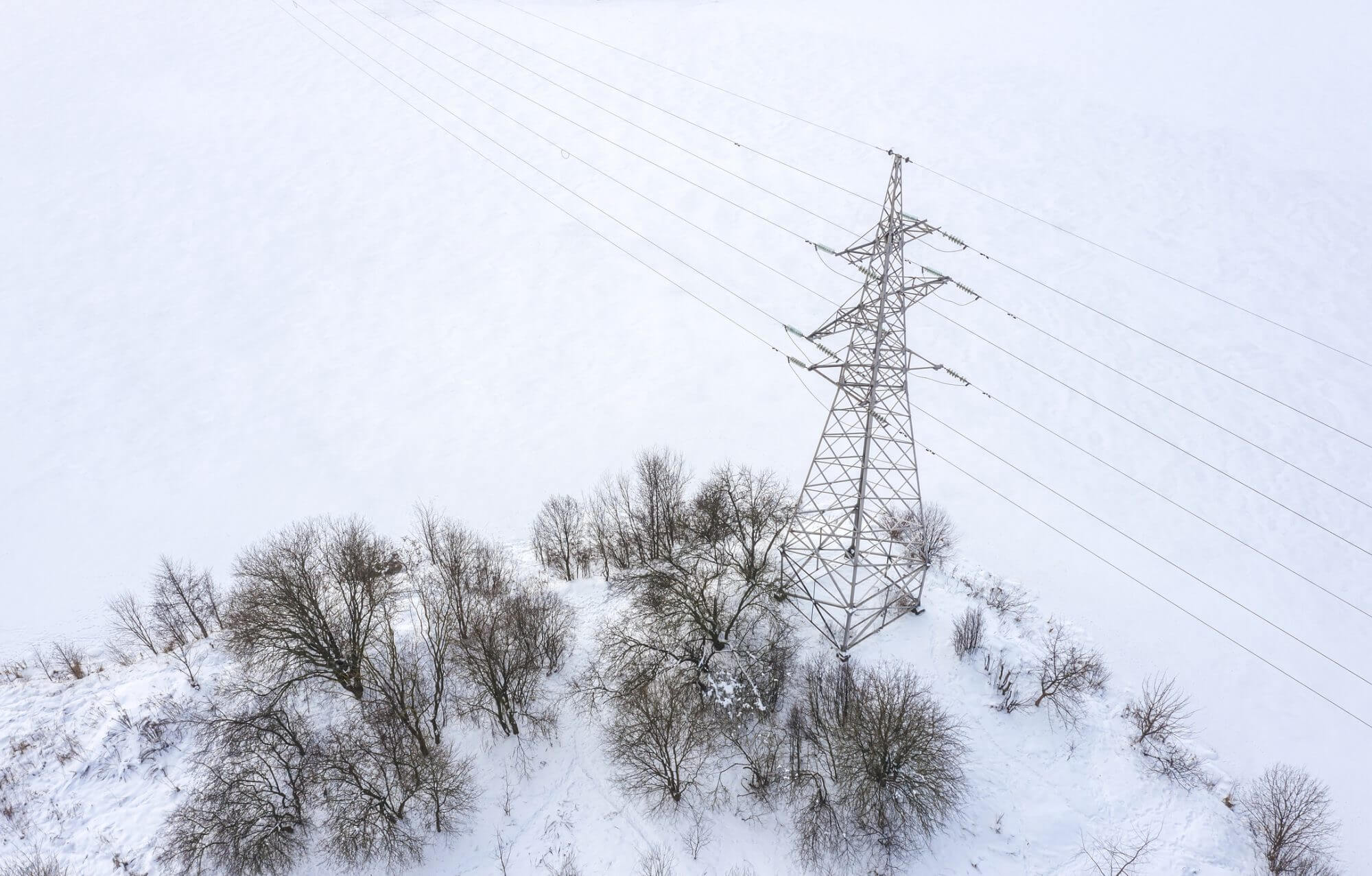
FERC Approves Modifications to NERC’s Cold Weather-Related Standards
September 7, 2021
The Federal Energy Regulatory Commission has approved changes to three mandatory NERC Reliability Standards that aim to better prepare the North American power system to withstand extreme cold weather events.
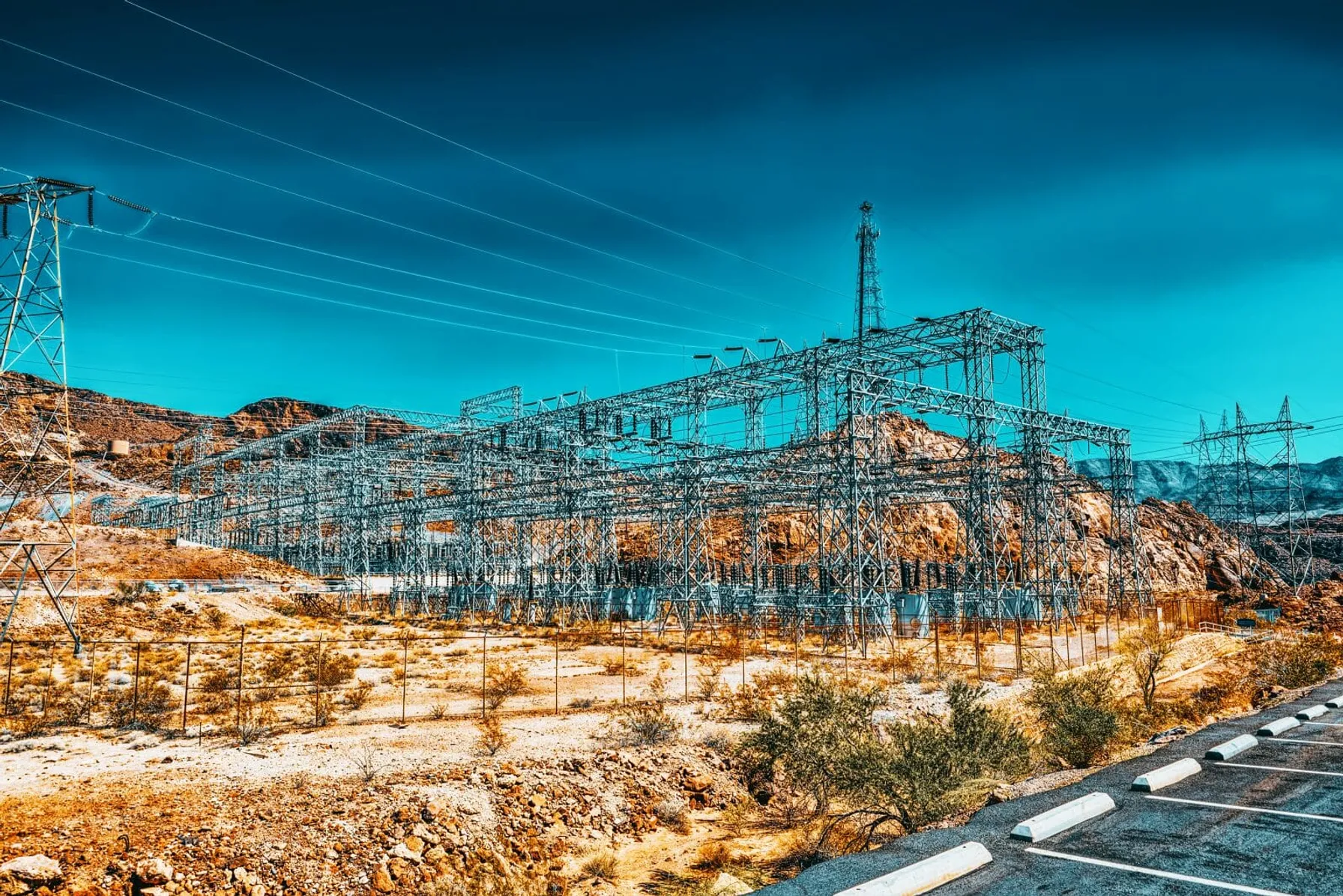
NERC’s FAC-008 Guidance on Facility Ratings
May 24, 2021
FAC-008 is one of the most data-intensive standards in the NERC regulatory framework. Compliance has been difficult for many utilities. Recently, FERC made public it’s intent to address serious allegations of facility ratings violations, including a lack of rigor by one utility.

NERC and FERC Take Action on Facilities Ratings
December 4, 2020
There has been significant work across the electric industry to improve facility ratings related processes, programs, frameworks, internal controls and best practices. Yet this continues to be a challenging area for utilities, particularly from an asset management and regulatory compliance perspective.
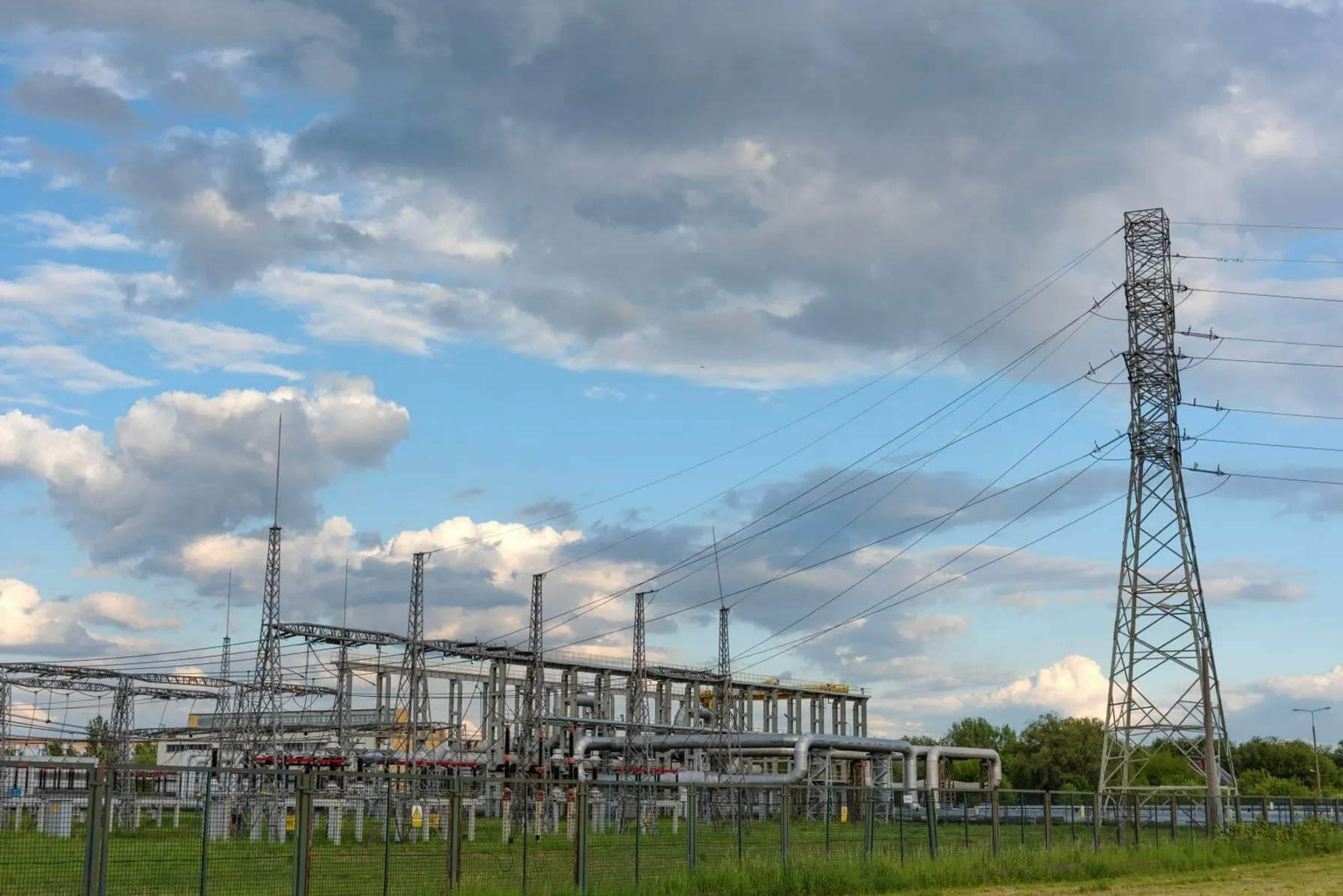
FERC Issues Annual Report on Critical Infrastructure Protection (CIP) Reliability Audits
November 17, 2020
In its 2020 Report on CIP Reliability Audits, the Federal Energy Regulatory Commission found that most of the cybersecurity protection processes and procedures adopted by utilities met the mandatory CIP requirements for protecting the Bulk Electric System. However, there are areas for improvement.

INGAA Foundation Interview with Lauren O’Donnell
June 22, 2020
TRC’s own Lauren O’Donnell is currently the elected Chair of the INGAA Foundation. The Foundation’s primary activity is to sponsor research aimed at promoting natural gas use and safe, efficient pipeline construction and operation.
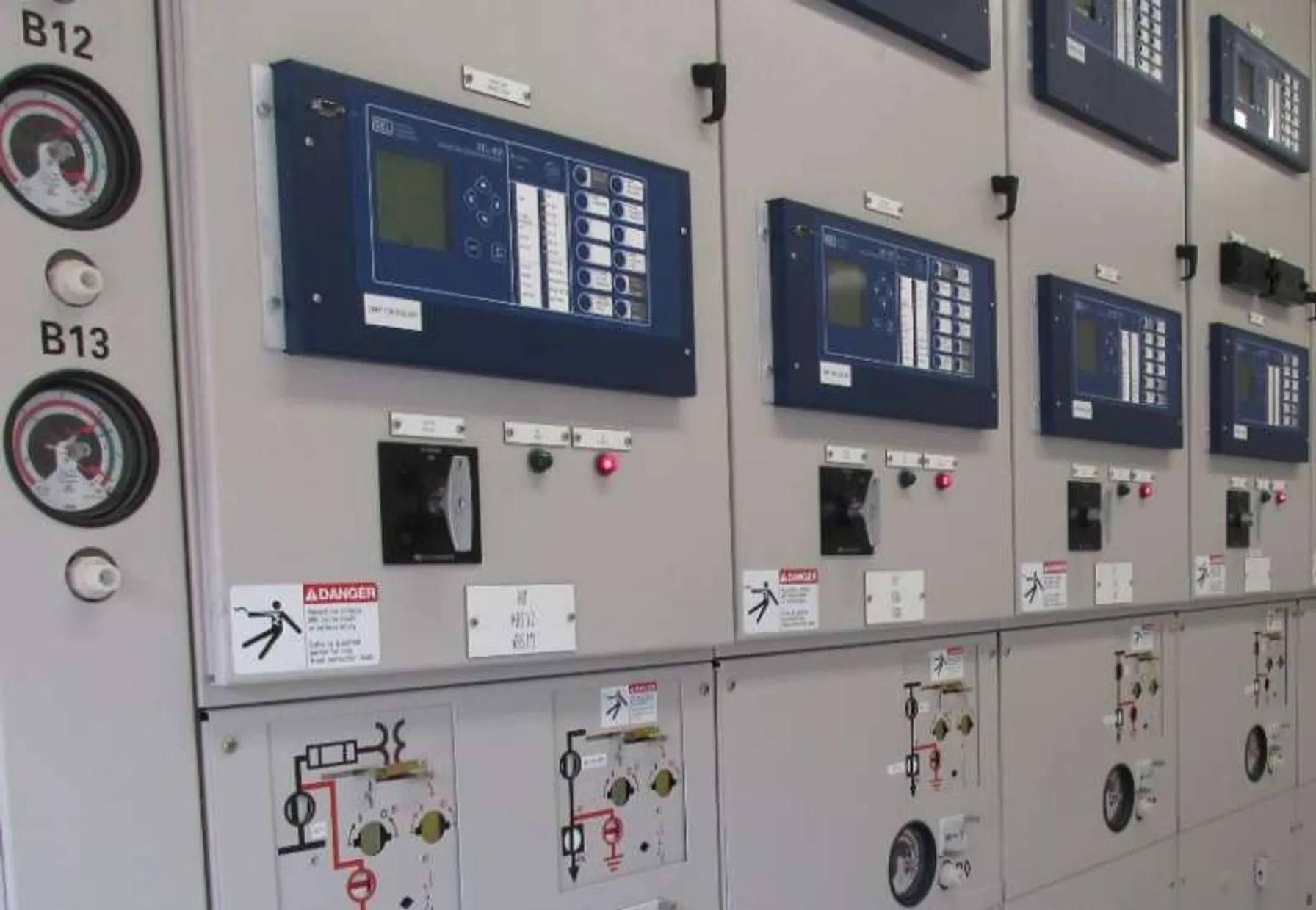
NERC Addresses Single Points of Failure in Protection Systems Among Other FERC Concerns
October 25, 2018
The board of directors of the INGAA Foundation elected Lauren O’Donnell as its chair for a one-year term. O’Donnell is the vice president of the oil and gas market sector at TRC, a national engineering, consulting and construction management firm that provides integrated services to the energy, environmental and infrastructure markets. “Lauren brings an impressive breadth of environmental and regulatory experience to her role as the Foundation’s new chair,” said INGAA Foundation President and CEO Don Santa, “Her track record of developing environmental processes and plans that prioritize the safe operation and reliable maintenance of America’s natural gas transmission system makes Lauren ideally suited to lead the Foundation.” The INGAA Foundation brings together more than 230 pipeline operators and contractors — including construction companies, pipe mills, engineering companies, consultants, environmental and safety groups and others — to facilitate the efficient construction, safe operation and reliable maintenance of the North American natural gas pipeline system. “I look forward to working with the Foundation’s members to further the mission of the INGAA Foundation to maintain a safe and reliable natural gas pipeline system that meets the growing energy needs of America,” said O’Donnell. “I’ve spent over four decades in the natural gas sector, and now, more than ever, I believe it’s critical that Foundation members work collaboratively to explore and develop new technologies and processes that address the challenges we face as an industry.” As the Chair, O’Donnell looks forward to working proactively with stakeholders and customers to enhance the understanding of the role of natural gas in our nation’s energy future. In her role at TRC, O’Donnell is responsible for developing and implementing strategies to assist TRC’s clients in securing federal permits for new energy infrastructure projects. Prior to joining TRC, O’Donnell was the Director of the Division of Gas—Environment and Engineering at the Federal Energy Regulatory Commission (FERC). During her 35-year career at FERC, O’Donnell worked on developing and implementing processes that advanced the Commission’s environmental responsibilities and was a principal developer of FERC’s pre-filing process for LNG facilities and interstate natural gas pipelines. While managing FERC’s natural gas environmental program, O’Donnell worked collaboratively with a wide variety of stakeholders including federal, state and local agencies, NGOs, and landowner groups. In November, the Foundation board also elected Susan Waller, Senior Strategic Advisor at Enbridge, as vice chair.
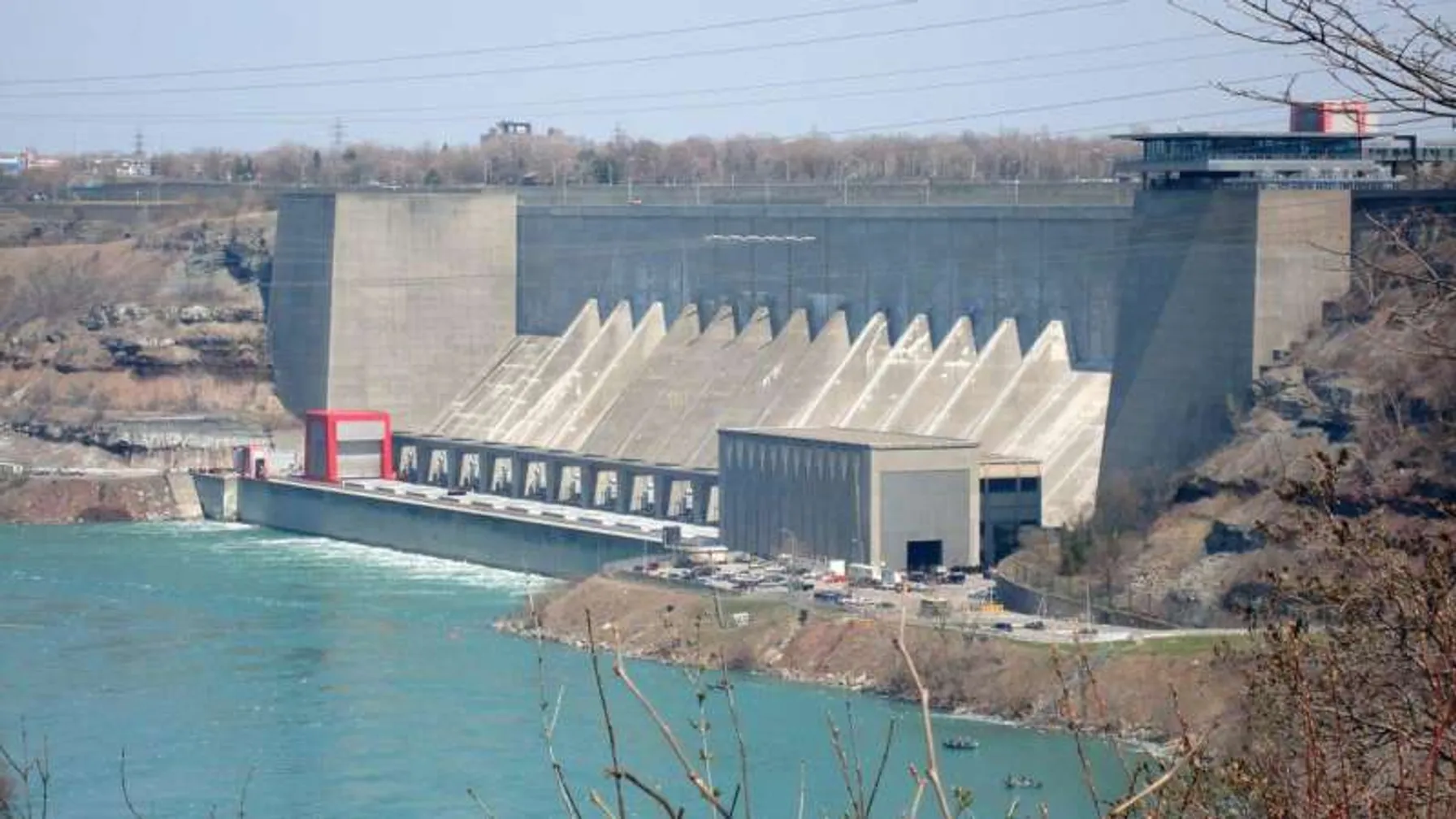
Seeking a new FERC license for your hydroelectric project? Here are the 2 key questions to ask.
March 22, 2017
Across the U.S., Department of Energy data show that some 2,200 hydroelectric projects produce more than 6 percent of all the electricity we consume, which amounts to more than one-third of all power generated in 2015 from renewable sources. Operations of many existing hydroelectric projects are governed by 30- to 50-year licenses issued by the…






